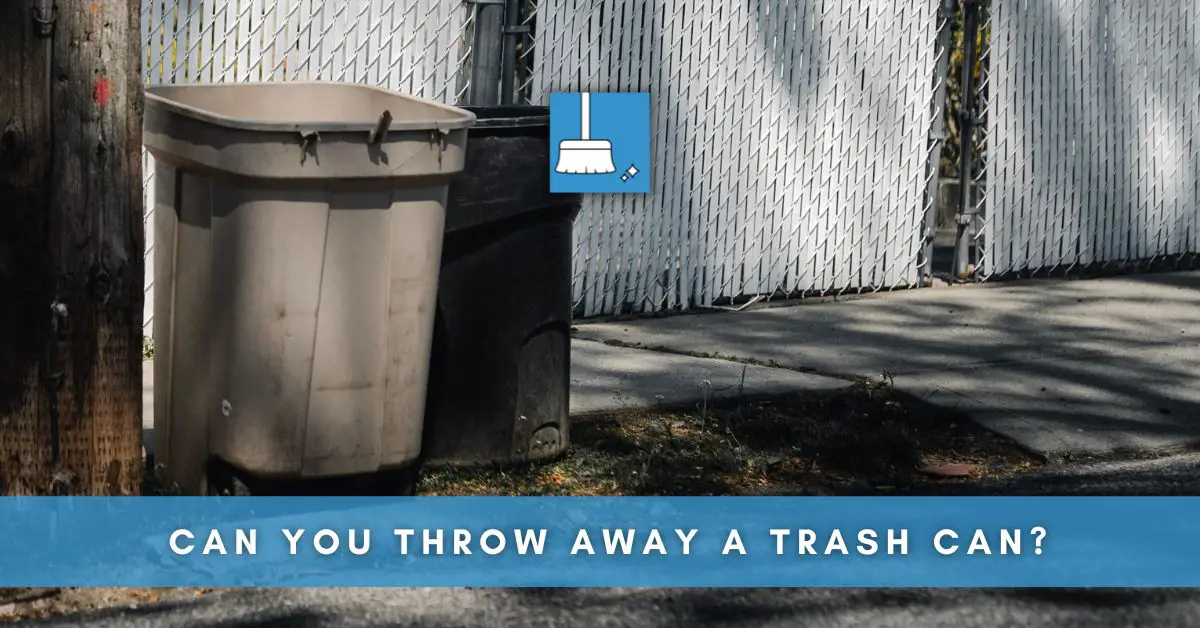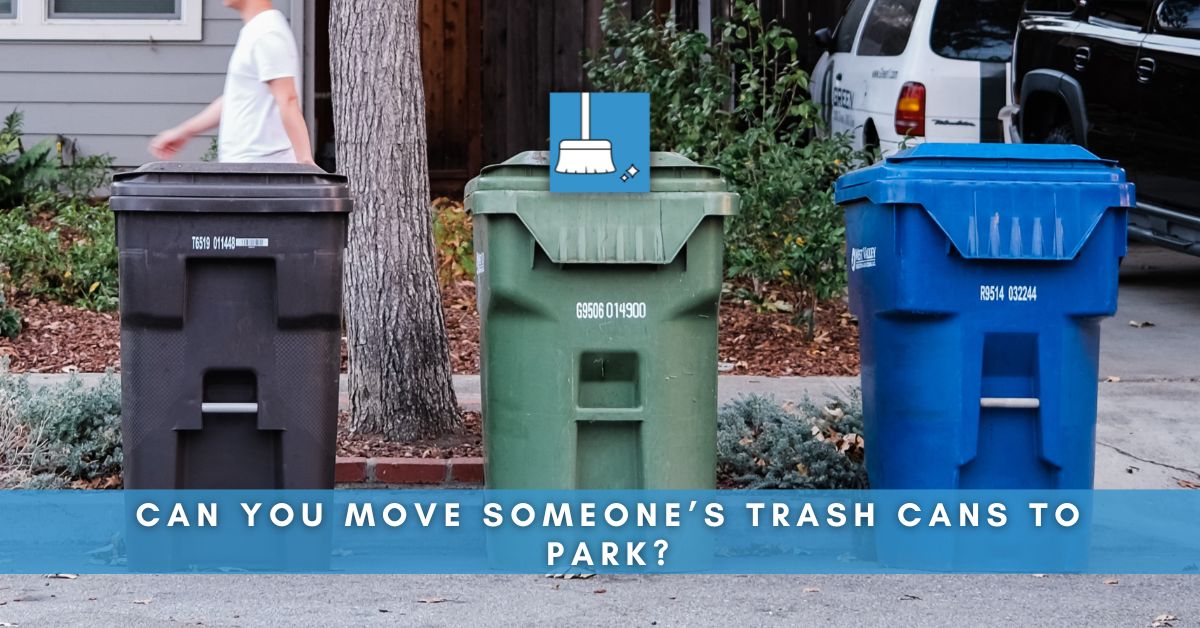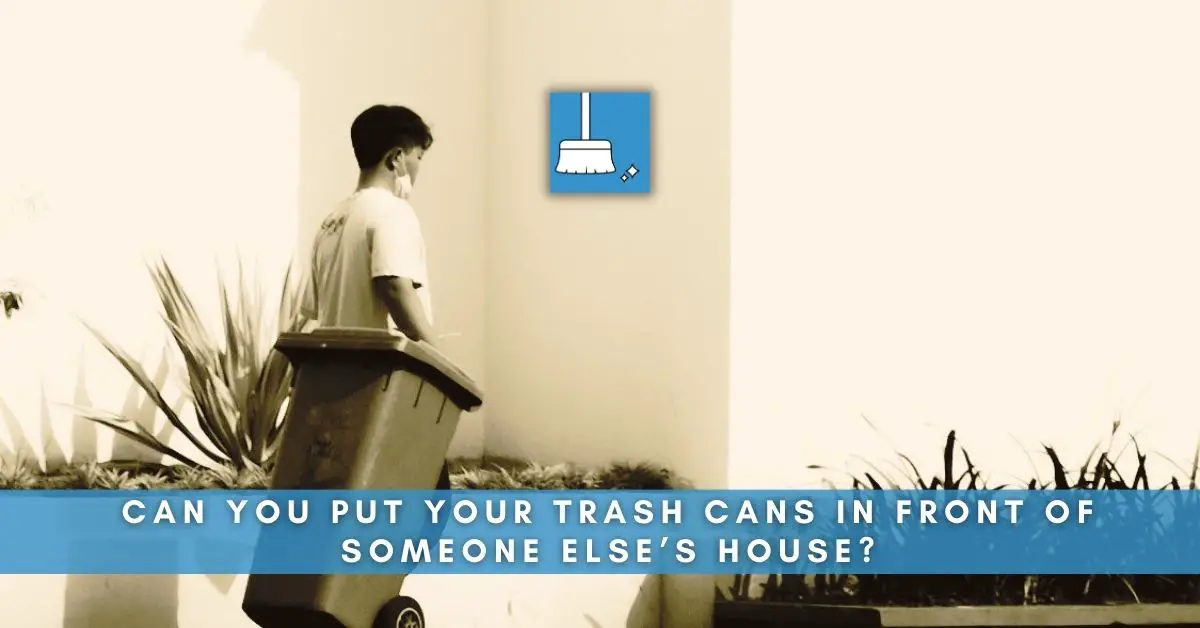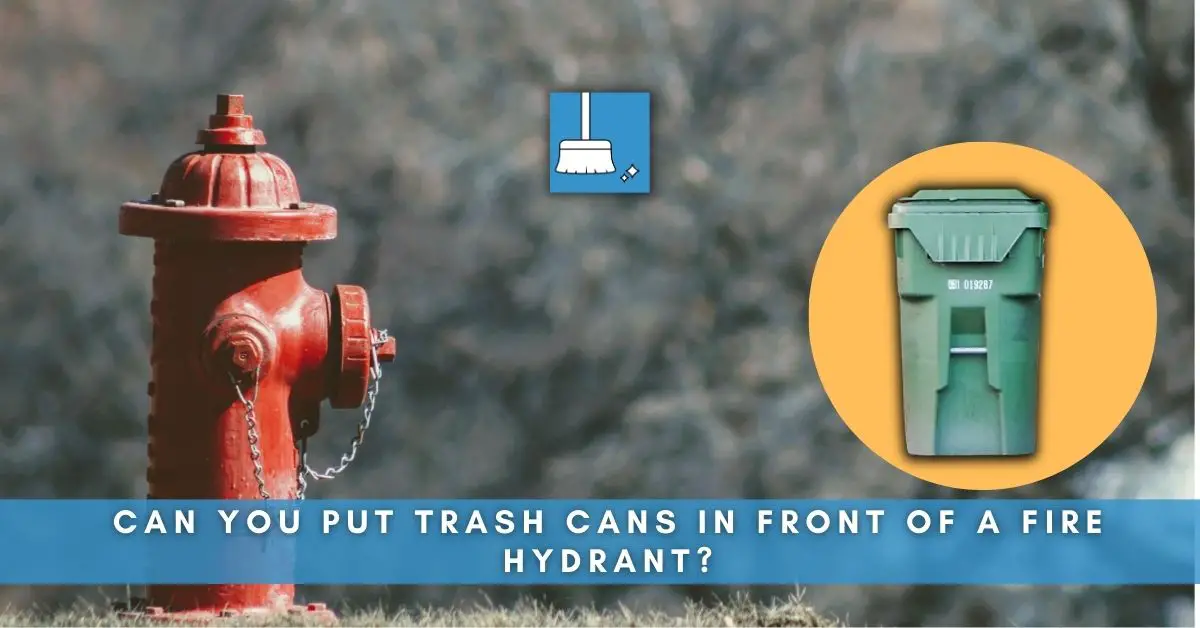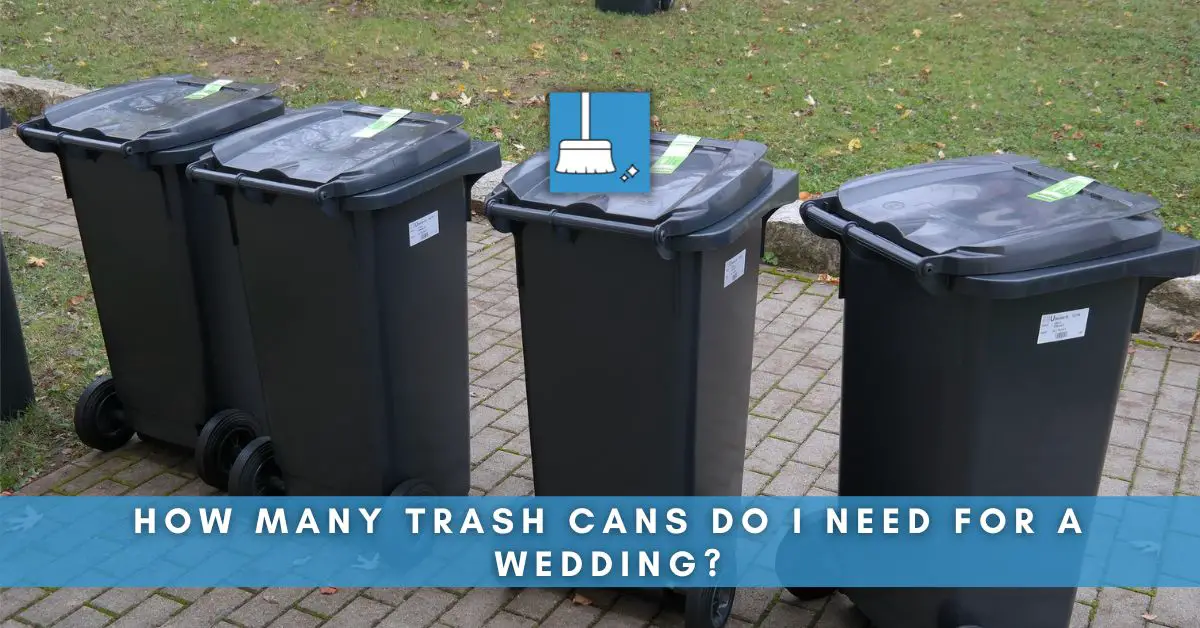So you’re standing in front of your house, holding your once trusty and reliable trash can, which now sports a giant crack or hole that renders it useless. You need to dispose of this former essential item, but you’re caught in a paradoxical conundrum. Throwing away a trash can – Are there special protocols to follow? Or does your trash can embark on an eternal journey to trash-can-nirvana? This everyday object that has dutifully collected your waste for years now needs its own proper send-off.
Throwing Away a Trash Can
It is possible and easy to throw away a trash can. You just need to cut it into smaller manageable pieces for easy disposal. Apart from throwing it away, there are also many creative ways in which you can use the trash cans.
When it comes to disposing of a trash can, it is important to follow local laws and regulations.
In many areas, throwing away a trash can may require specific procedures to ensure safe and environmentally friendly disposal. For example, old metal trash cans can be taken to a recycling center, while plastic bins should be handled according to local recycling guidelines.
Steps to Cut Up Plastic Trash Cans for Disposal
When it’s time to dispose of an old plastic trash can, there are a few simple steps to follow to ensure easy and proper disposal.
1- First, empty the trash can, ensuring there’s no remaining trash or debris inside.
2- Next, use a saw, knife, or shears to carefully cut the trash can into smaller, more manageable pieces. Be sure to wear safety gloves to protect your hands during this process.
3- Once the trash can has been cut up, safely gather the pieces and place them in a sturdy trash bag or large container for disposal.
4- Finally, check your local waste management guidelines to determine if the pieces can be recycled or if they need to be placed in a specific bin or dropped off at a designated facility. [1]
Trash Can Disposal (Alternate Ways)
You can dispose of a trash can in many different ways. It is not necessary to throw it away. You may also use it in many different creative ways.
Dealing with an old, worn-out trash can is a common dilemma many people face at some point. The process can be as simple as leaving it curbside and involves just a few key steps. Emphasizing the importance of proper disposal, it is crucial to consider local waste management regulations and fees as well as recycling opportunities.
This way, you can successfully and responsibly get rid of your old trash can without . [2]
#1- Curbside Disposal of Trash Cans
Disposing of an unwanted trash can can be easily done through curbside pickup.
Just make sure the can is empty and placed upside down on the curb, with the lid either on top or open against the curb. It is also recommended to attach a sign that clearly states “discard” or “for disposal.”
Some local waste management services might charge extra for disposing large items, so it’s best to check their website or give them a call to learn about their specific guidelines.
If cutting the trash can into smaller pieces and disposing of it with regular garbage is an option, ensure safety precautions are taken when doing so. [3]
#2- Recycling and Repurposing Trash Cans
Recycling and repurposing old trash cans is an eco-friendly alternative to discarding them when they are no longer needed for their original purpose.
Repurposing helps prevent adding to the landfill while giving these sturdy household items a new life.
Some ideas for trash can repurposing include using them as planters for indoor or outdoor plants, storage for large garden tools, or transforming them into compost bins for organic waste.
By creatively upcycling these overlooked utility items, homeowners not only contribute to a greener environment but can also save money on purchasing dedicated products for various purposes. [4]
#3- Disposing Metal Trash Cans at a Recycling Facility
Disposing of metal trash cans is an eco-friendly option that can be achieved by taking them to a recycling facility.
It is important to note that some facilities may charge a small fee for this service, so it’s a good idea to inquire about any fees beforehand. [5]
#4- Donating Trash Cans to Nonprofit Organizations
Donating trash cans to nonprofit organizations is a helpful and environmentally friendly option for disposing of unwanted, yet still functional, waste receptacles.
Many charities, such as Goodwill and Habitat for Humanity, accept items in decent condition, offering pickup services for easy collection.
Clearing out surplus trash cans not only declutters your own space but can also provide these organizations with much-needed materials for their operations.
Additionally, donating reusable goods can help charitable causes keep their costs down. So, before tossing out a perfectly usable trash can, consider giving it a second lease of life by donating it to a worthy cause. [6]
#5- Using Trash Cans as Storage Bins
By repurposing the old trash can, one can minimize waste while giving it a new, practical purpose in everyday life.
Depending on the size and condition of the trash can, it can be effectively used for storing various items.
For instance, larger trash cans can be utilized for storing gardening tools or outdoor sports equipment in the garage or backyard.
Smaller ones can be brought indoors and used for storing items such as toys, clothes, or even kitchen supplies.
Before using the trash can for storage, ensure it is thoroughly cleaned and sanitized. This will not only remove any unwanted odors, but also create a safe and sanitary space for storing belongings. [7]
Items that are dangerous to throw away along with The Trash Can
There are certain items that are dangerous or even illegal to throw away in the trash due to the harm they can cause the environment, humans, and animals.
These items include batteries, lightbulbs, mercury thermometers, fire and carbon monoxide detectors, paint, oils, and clothing.
Batteries contain toxic chemicals that can seep into groundwater and septic systems, while compact fluorescent lightbulbs (CFLs) have trace amounts of mercury.
Mercury thermometers pose a significant hazard if their mercury is exposed to humans, while fire and carbon monoxide detectors should be returned to the manufacturer for refurbishing or recycling.
Paint cans, particularly oil-based paints, contain harmful chemicals and should be taken to a Household Hazardous Waste (HHW) facility, while oils can infiltrate and contaminate groundwater and sewage systems.
Clothing, on the other hand, contributes significantly to waste and should be donated or recycled instead of being thrown away. [8]

